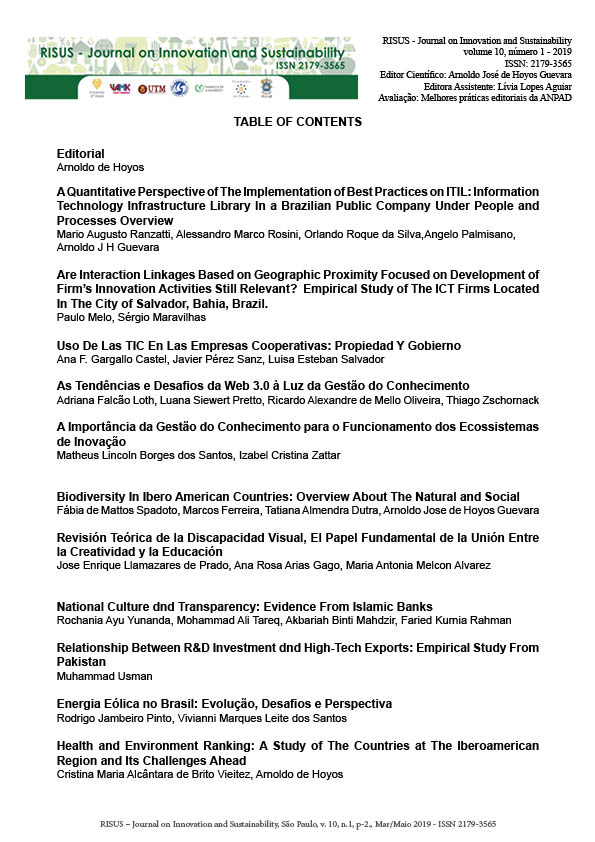NATIONAL CULTURE AND TRANSPARENCY: EVIDENCE FROM ISLAMIC BANKS
DOI:
https://doi.org/10.24212/2179-3565.2019v10i1p101-109Keywords:
Cultural values, Shariah disclosure, Social disclosure, Islamic banksAbstract
The purpose of this paper is to investigate the effects of predominant cultural values on banking disclosure. On one hand, Islamic banks have practiced Islamic principles which are universal for all countries. Islamic banks are expected to provide transparent information especially in terms of social and Shariah(Islamic) compliant information as Islamic banks claim themselves to have social objectives as the prime consideration. Islamic banks also have Shariah supervisory body to ensure that the banking activities and business operations are in line with Islamic requirements. On the other hand, Hofstede‘s cultural dimensions and Gray‘s hypotheses have rendered remarkable contributions in financial and accounting practices among different nations. Examining 45 Islamic banks in 11 Moslem majority countries, this paper focuses on four particular cultural dimensions namely individualism/collectivism, masculinity/femininity, uncertainty avoidance, and power distance and whether these dimensions have an impact on transparency. This study found that two out of four national cultures still have significant effect on the transparency level in Moslem majority countries.Downloads
Published
2019-03-12
Issue
Section
Papers
License
This Journal is licensed under a Creative Commons Attribution-Non Commercial-No Derivers 4.0 International license.
1.The author (s) authorize the publication of the article in the journal;
2.The author (s) warrant that the contribution is original and unpublished and is not in the process of being evaluated in other journal (s);
3. The journal is not responsible for the opinions, ideas and concepts emitted in the texts, as they are the sole responsibility of its author (s);
4. The editors are entitled to make textual adjustments and to adapt the articles to the standards of publication.


